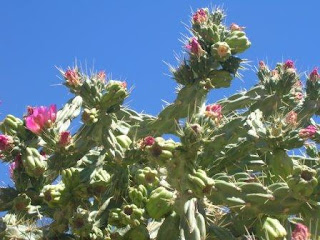
From November 8-9, Harry Jonas and Holly Shrumm (Natural Justice) attended an international conference in Kota Kinabalu, Sabah, entitled "Forests and Climate Change: Decoding and Realising REDD+ in the Heart of Borneo, with Specific Focus on Sabah". The conference on Reducing Emission from Deforestation and Forest Degradation in developing countries (REDD) was co-hosted by the Sabah Forestry Department and
WWF-Malaysia and attended by many dignitaries such as the Chief Minister of Sabah, Datuk Seri Musa Aman. Some of the presentations given were by representatives of the UNFCCC, UNDP-Thailand,
RECOFTC (The Center for People and Forests), the Forest Research Institute Malaysia (
FRIM), the European Union, The Nature Conservancy (
TNC), and PricewaterhouseCoopers. After an open discussion session, Datuk Sam Manan, Director of Sabah Forestry Department, said that Sabah will develop a REDD+ Strategy.
Civil society and Indigenous peoples' organizations have lobbied hard in climate change and biodiversity negotiations for inclusion of social and environmental safeguards in REDD programmes, particularly regarding the right to free, prior and informed consent and the right to self-determination, as well as for stricter definitions of forests (under some voluntary guidelines, industrial agricultural plantations such as oil palm are included). In general, there are serious concerns with countries and major international NGOs engaging with REDD projects in the absence of secure land tenure and local resource rights (see 2009 IIED publication by Lorenzo Cotula and James Mayers
here). There are also major concerns with deepening ties between conservation organizations and environmentally destructive corporations (see Johann Hari's
expose on The Nation earlier this year).
Some civil society views on REDD can be accessed through the
REDD Monitor and
Global Forest Coalition, among many others. Global Witness' recommendations on REDD can be viewed
here. Natural Justice is exploring the development and use of biocultural community protocols in the context of REDD; see more information
here.












%5B1%5D+1.jpg)
